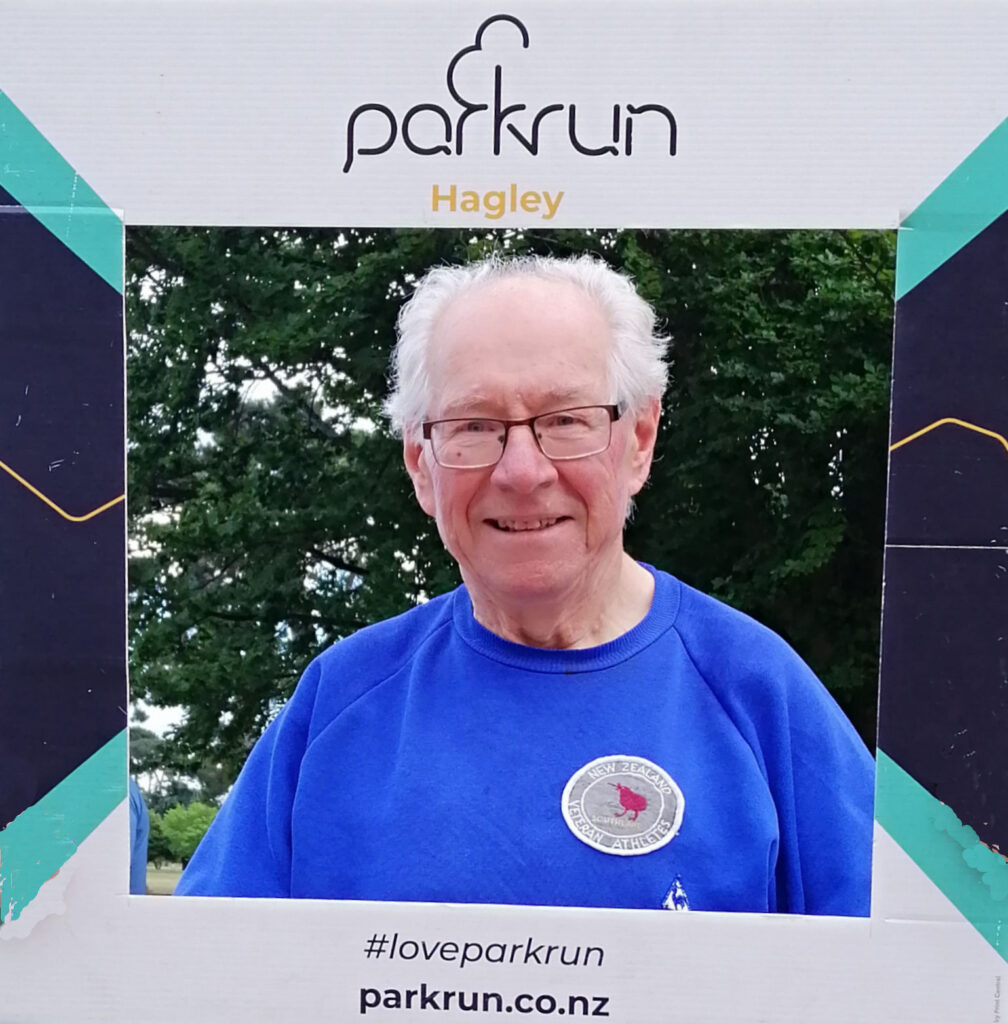Better health is possible for almost everyone. The greatest loss of healthy life years isn’t caused by poor medical services. Modern marketing, and the easy choices, “modern living” cost too many people 10 or 15 years of healthy life.
Claiming those years back requires some effort. Without your own knowledge you become a victim of low prices, fake foods, or wheat and corn packaged in 100 ways because that’s CHEAP. Drinks that are mostly sugar-water, are heavily marketed for the same reason. Supermarkets are dangerous.
It’s profitable to lie to the public, to confuse them about health, and to blame the public for making poor buying decisions and developing chronic disease.
Five Kilometers Under Sixty Minutes.
To walk five kilometres in sixty minutes is a worthwhile and achievable goal for almost everyone. But if that seems a long way off today, the important thing is to START, working towards that objective. The graph above from the Dunedin Study shows that at age 38, people tended to be older than their biological age. It’s also true that…
This is your Life; Your Choice
In a long life many things can happen, but seldom is it the case that events, or plain bad luck make a substantial difference to how one’s life turns out. In Open Future Health, we argue that too many people lose 10 or 15 years of healthy life because they make poor lifestyle choices. Good health is created in your…
Horray for Parkrun
Parkrun is now available in 22 countries worldwide. Started in the UK 20 years ago, it’s become a wonderful opportunity for families, for the socially isolated, for the fit and the unfit, for many volunteers and supporters to share an hour on Saturday morning. A global charity, parkrun’s mission is to improve health and wellbeing, with a particular focus on…
Reversing Type II Diabetes
There are three ways to reverse Type II Diabetes, bariatric surgery, a very low calory diet or a very low carbohydrate diet. Open Future Health has always considered the late Dr Sarah Hallberg the expert on this topic and her page in the expertise section of this website is here. There are three ways to reverse Type II Diabetes, bariatric…
Time to Catch Up
“In view of the rapid growth of evidence around carbohydrate restriction and Type II Diabetes, and the global guideline adoption, we simply ask why NZ is not at least including a carbohydrate restriction approach in its guidelines, alongside other dietary approaches, to manage Type II Diabetes.” We now call upon NZ to catch up and follow suit. Giving the Patient…
Dr David Unwin
“British general practitioner, Dr David Unwin used carbohydrate reduction to reverse/remit T2DM; of 199 patients with T2DM, 46% achieved drug-free remission, with enormous cost savings from reduced diabetes medication.” What predicts drug-free type 2 diabetes remission? Insights from an 8-year general practice service evaluation of a lower carbohydrate diet with weight loss. BMJ Nutr Prev Health 2023; 6: 46-55. |…
Clinical trials
“This is surprising, as clinical trials and primary care practice data report beneficial and sustained results from carbohydrate reduction. (7,8) Virta Health, a US-based research entity has shown carbohydrate reduction to be safe in prediabetes/T2DM. Their 5-year data concluded their model of care showed excellent retention, sustained clinically significant weight loss, stable glycaemic control and less dependency on diabetes medication.(9) ” (7)…
NZ Ministry of Health
“New Zealand (NZ) does not endorse carbohydrate reduction as a viable option for individuals, but rather cautions against it. The NZ Society for the Study of Diabetes states in their guidelines ‘meta-analyses show that the benefits of ketogenic diets are unlikely to be sustained’ (5,6) and the Ministry of Health states ‘Very low carbohydrate diets: Not recommended’.(5)” (5) Popular diets review….
Diabetes Australia
“Diabetes Australia states: ‘For people with type 2 diabetes, there is reliable evidence that lower carb eating can be safe and useful in lowering average blood glucose levels in the short term (up to 6 months). It can also help reduce body weight and help manage heart disease risk factors such as raised cholesterol and raised blood pressure.’(4)” (4) Diabetes Australia….









